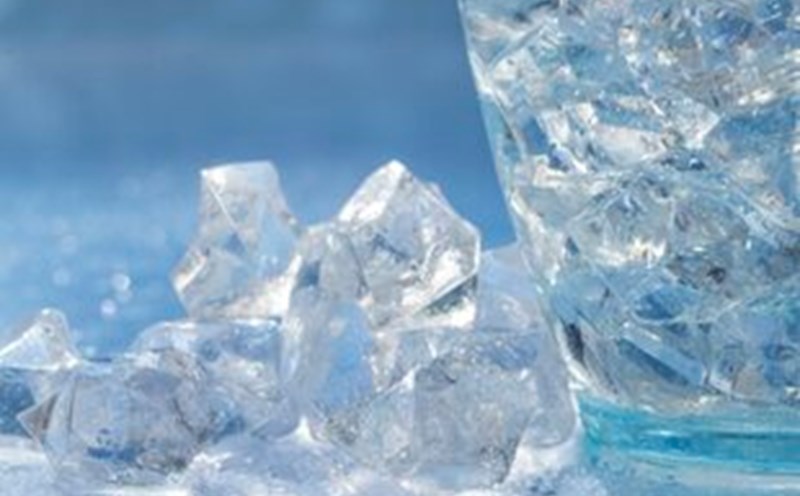Taking a cold shower effectively reduces inflammation and muscle pain
Research shows that taking a cold shower or soaking in cold water right after exercise can reduce late-onset muscle aches and pains (DOMS). This is because cold water helps lower levels of createdin kinase and lactate, two substances that accumulate in muscles after high-intensity exercise.
Cold water has the effect of reducing inflammation and shortening recovery time, says Dr. Katrina Carter, a physiotherapist in Florida, USA. This is a good choice if you want to limit the feeling of muscle fatigue the next day".
In addition, some studies have shown that cold showers can bring long-term health benefits such as improving insulin sensitivity, supporting body fat loss, and enhancing cardiovascular and immune health. For many people, feeling refreshed and alert after taking a cold shower is also the reason for them to maintain this habit.
Hot showers, relaxation and support performance
In contrast, hot showers help increase blood circulation to muscle groups, thereby improving mobility. Some studies show that soaking in warm water of about 40 degrees Celsius (equivalent to 104 degrees F) can help the body maintain better performance the same day or the next day.
Dr. Robert L. Newton, senior lecturer in sports science at Edith Cowan University, Australia, shared: Hot showers are not only beneficial for the musculoskeletal system but also help the spirit relax and reduce stress after a heavy exercise. If you are preparing for a major sporting event, hot showers are a smart choice."
However, experts recommend not leaving the water too hot, as this can harm the skin and blood vessels. The recommended safety level is about 40 degrees Celsius.
So what is the best choice?
According to experts, taking a hot or cold bath depends on personal goals. If you want to relieve pain and recover quickly from heavy exercise, cold water is a reasonable choice. On the contrary, if you need to maintain performance or prepare for competition, hot showers will bring more practical benefits.
In addition to choosing water temperature, to optimize the recovery process, you should also:
Reheat your body with light movements after exercise.
Drink enough water to make up for the lost sweat.
Eat protein supplements and consider supportive nutrients like createdine.
Get enough sleep for muscles to regenerate and develop.
Hot and cold showers both have their own benefits. Instead of just choosing one, you can flexibly apply it according to your needs: cold water to reduce pain, hot water to recover and relax. The important thing is to combine it with a reasonable diet and rest to achieve optimal exercise results.











